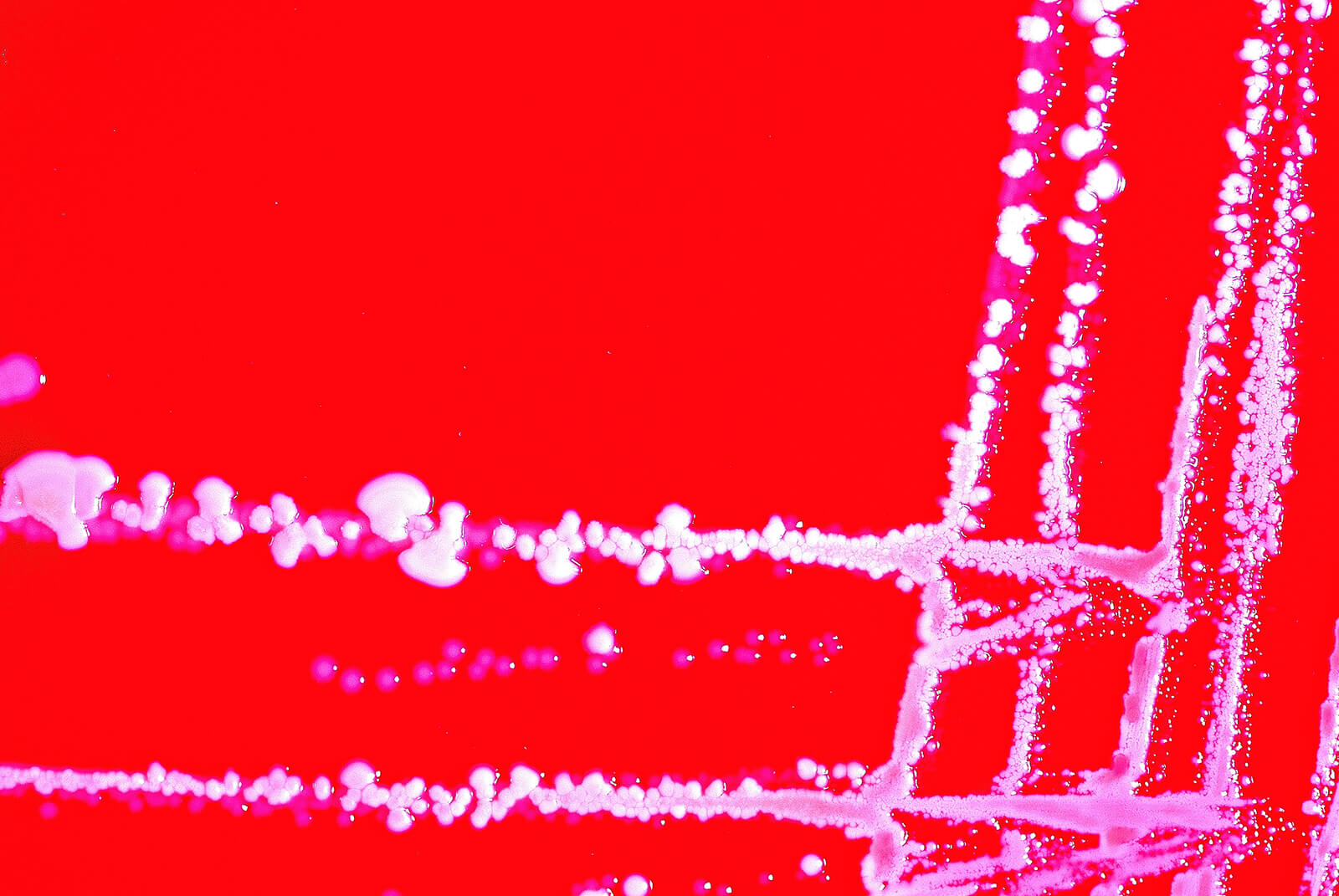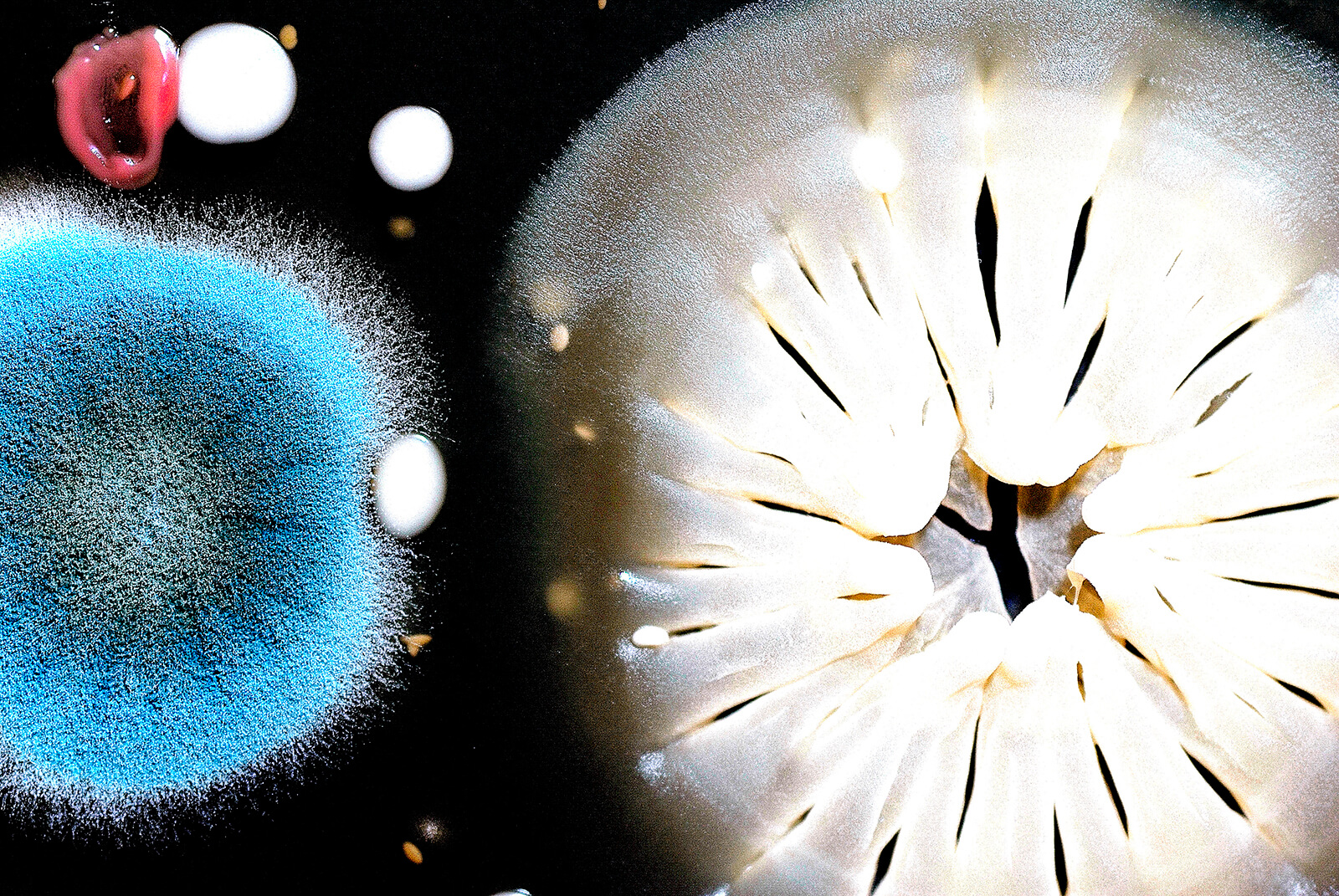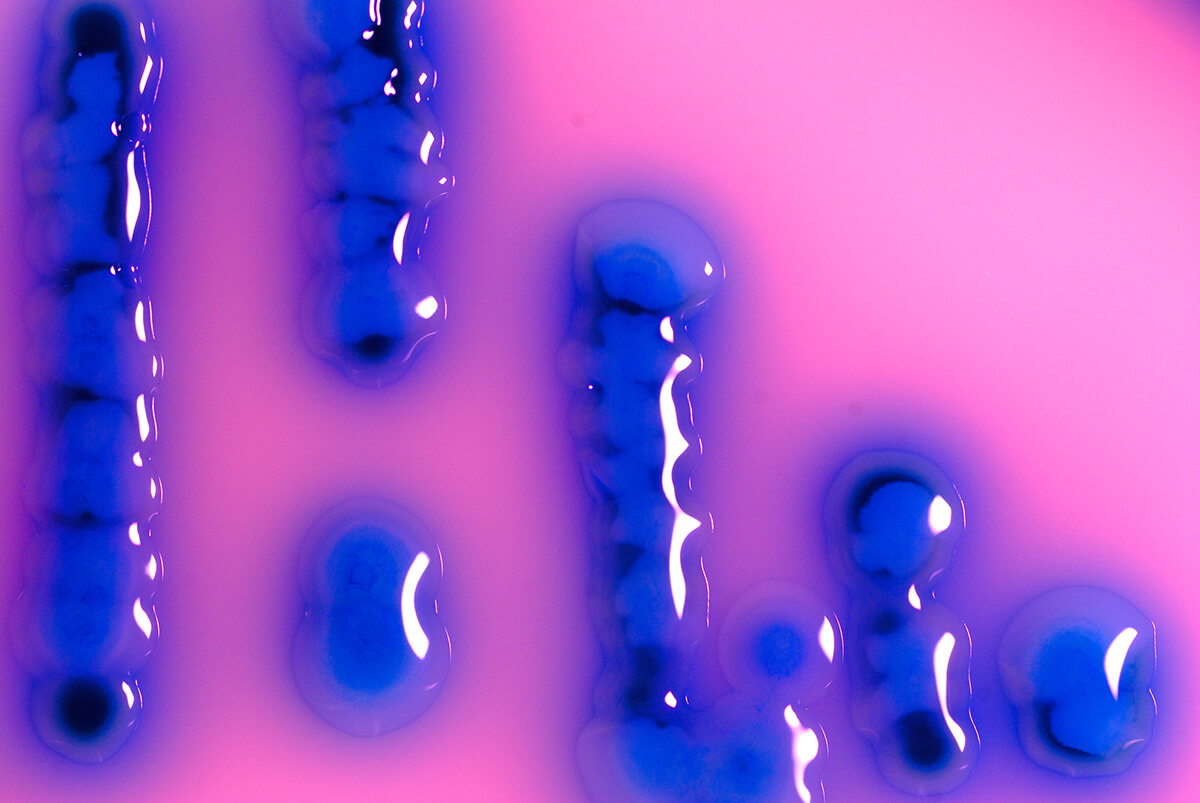FEATURED STORY
The Invisible Art of Bacteria
BY STEFANIA RIZZELLI
“Beneath our superficial differences we are all of us walking communities of bacteria. The world shimmers, a pointillist landscape made of tiny living beings.” – Lynn Margulis, American Biologist
There is a popular misconception, these days more than ever, that bacteria are enemies to be defeated. While that is true for certain bacteria in certain circumstances, they generally play a crucial and beneficial role in our daily lives as a fundamental contributor to the plant and animal kingdoms. Without bacteria, life would be a lot worse as this Washington Post article attests.
It’s a subject close to the heart of Stefania Rizzelli, an Italian biologist working in an experimental laboratory in Modena, who is on a mission to encourage the re-evaluation of these micro-organisms. Photographing bacteria and mould found in food products and grown in a Petri dish, she reveals their surprising variety and immense beauty – microcosms of color, texture and activity. They prompt the viewer to ponder their importance, as well as the enormous complexity of the world that exists outside of our visible range.
Here she shares some of those images, and tells us a little more about the project, her process, and her philosophy in uncovering the invisible art of bacteria…
Images and story courtesy of Stefania Rizzelli.
www.artofbacteria.it and Instagram: @artofbacteria_rizzellistefania
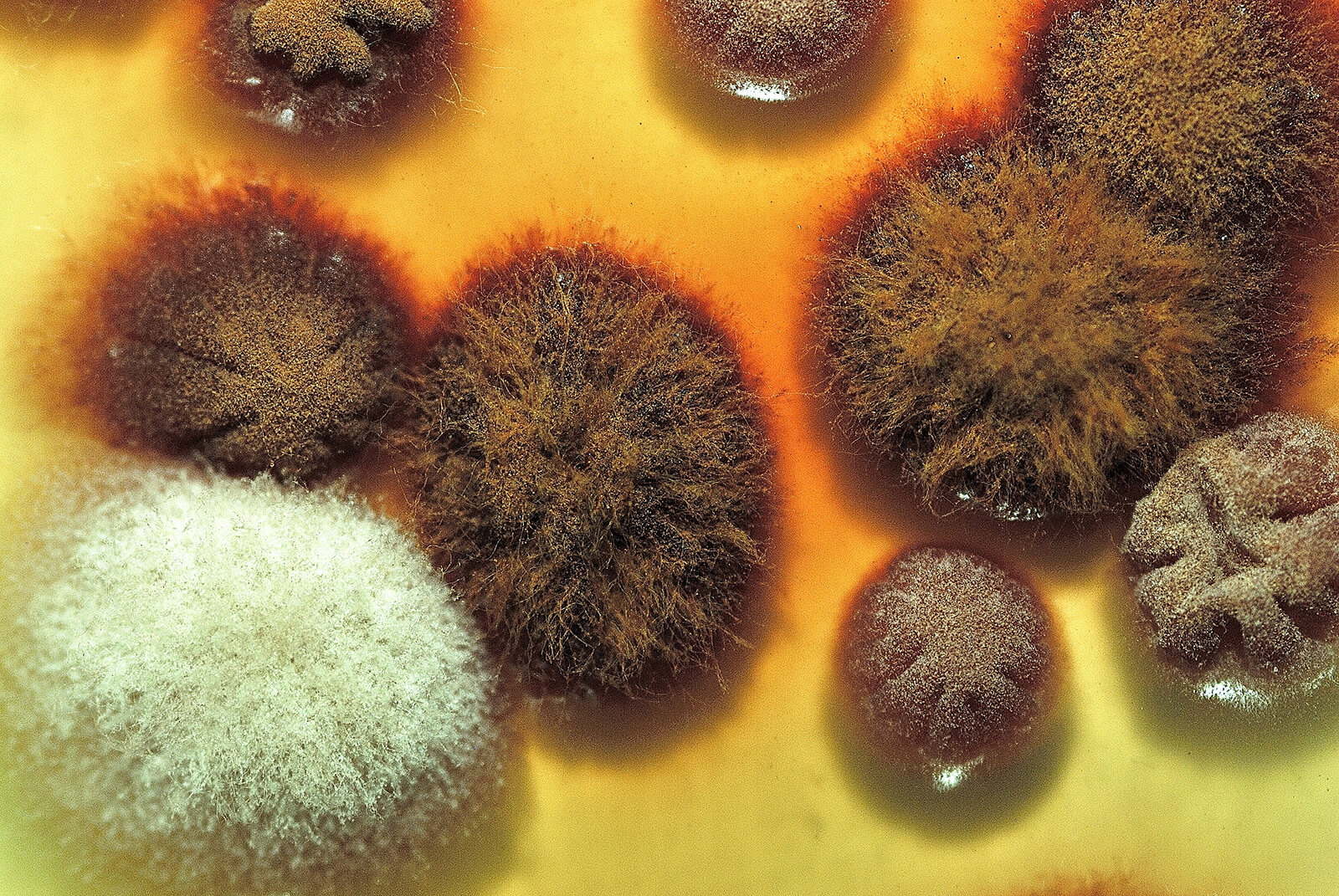
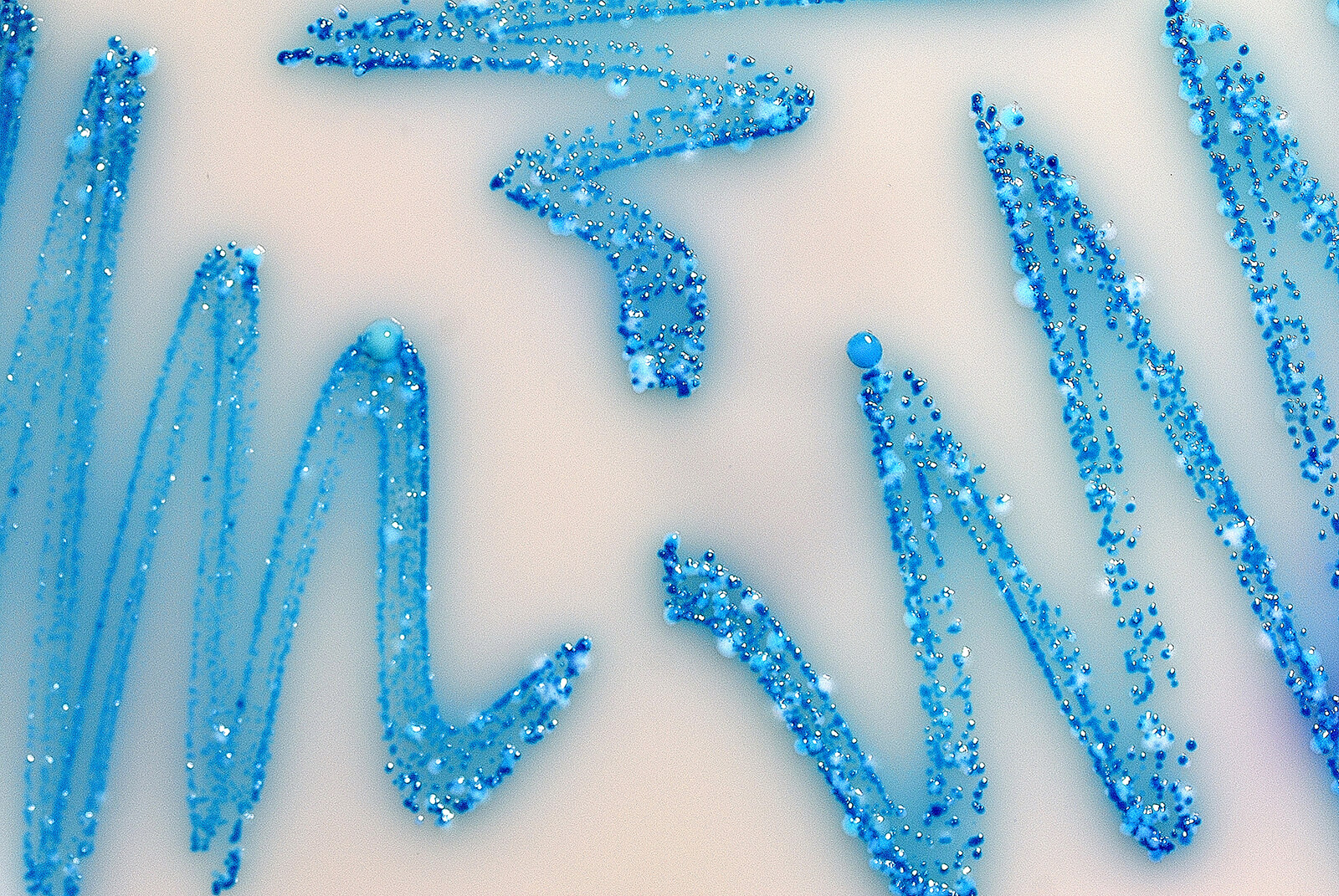
“My deep interest towards the world of arts led me to explore new artistic forms, identifying a fascinating one within a branch of biology, that is to say bacteriology. According to my personal interpretation of the bacterial world, bacteria are conceived as artists creating extraordinarily beautiful works of art. These microorganisms seem to hide “in a silent and invisible way”, but can be revealed thanks to specific scientific lab techniques.
Microbes form the basis of life on Planet Earth. The word microbe comes from Greek words “mikros” and “bìos” meaning respectively “little” and “life”. Microbes such as bacteria, moulds and protozoa were the first living forms on Planet Earth, managing to come into existence and to survive in a world overwhelmed by harmful substances, by releasing oxygen as a waste product. Thank to that oxygen, life could have developed as we know it today.
The number of microbes found both inside and on the surface of the human body is more than ten times the number of our cells, representing 10% of the overall body weight. Among the thousands of species of microbes existing on Planet Earth, there are bacteria that inhabit soil, water, air, food products as well as the human and animal body. Our digestive systems alone encompass more than 500 bacterial species. They are vital for keeping the intestinal lining intact, breaking down digested food and activating an efficient immune response.”
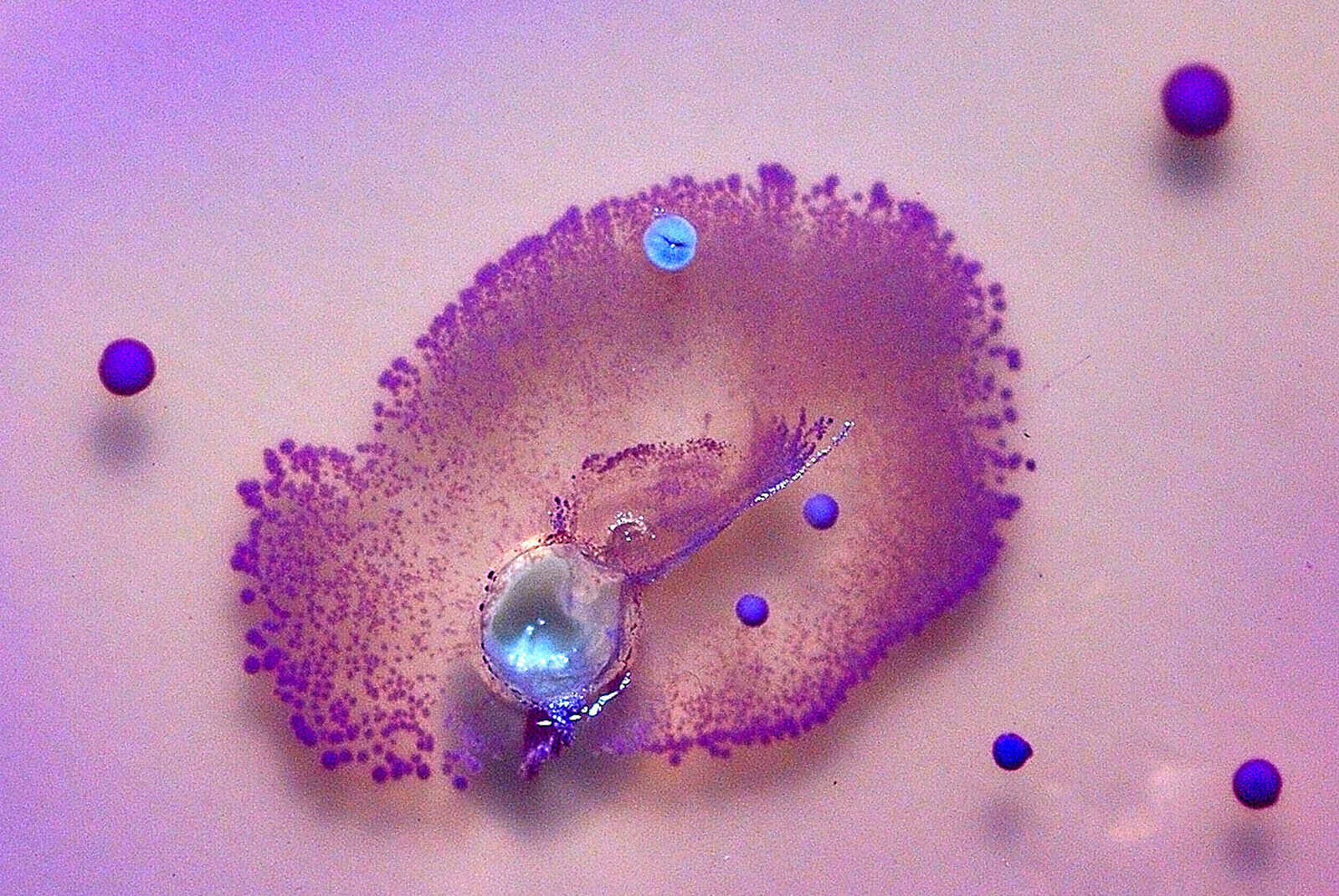
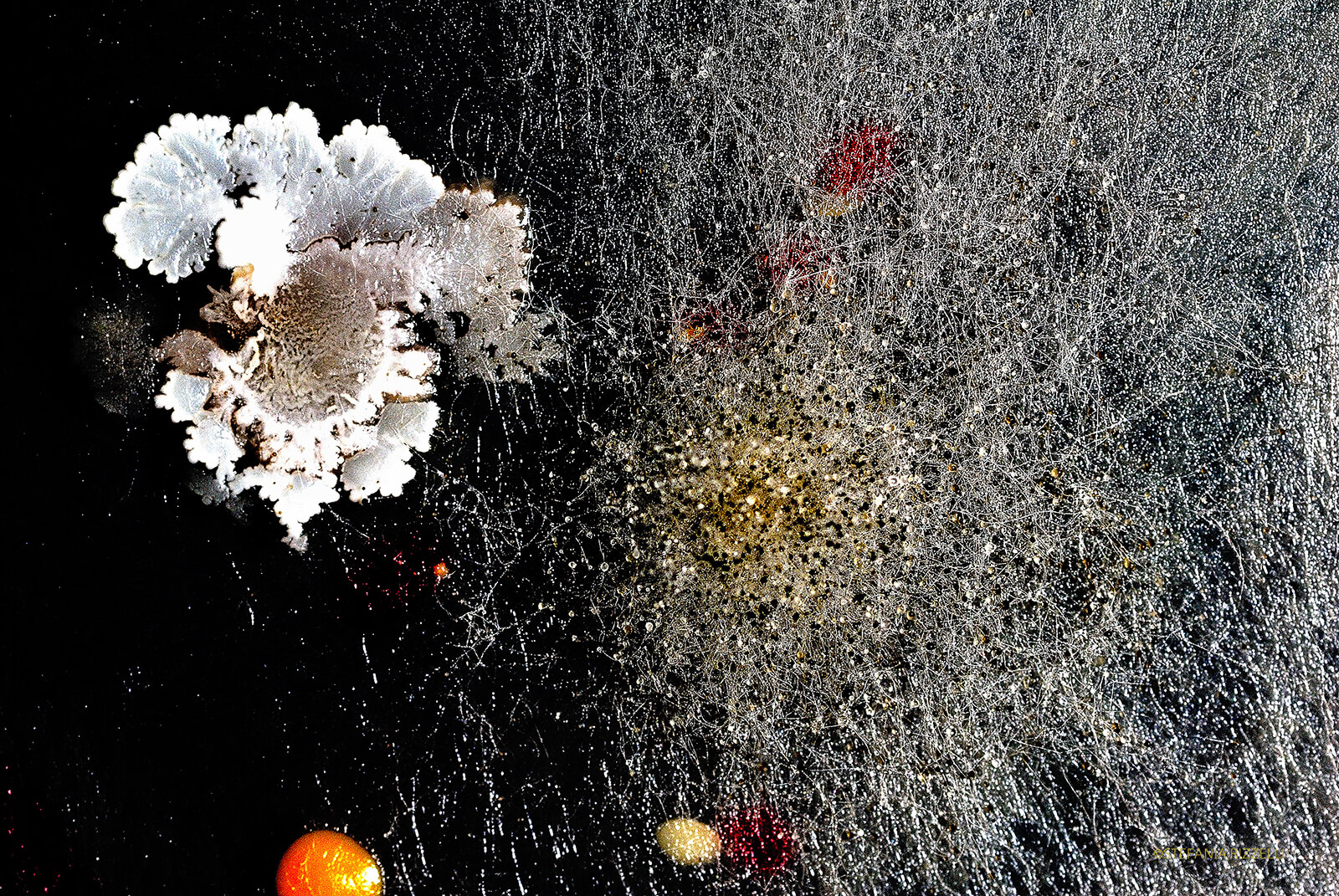
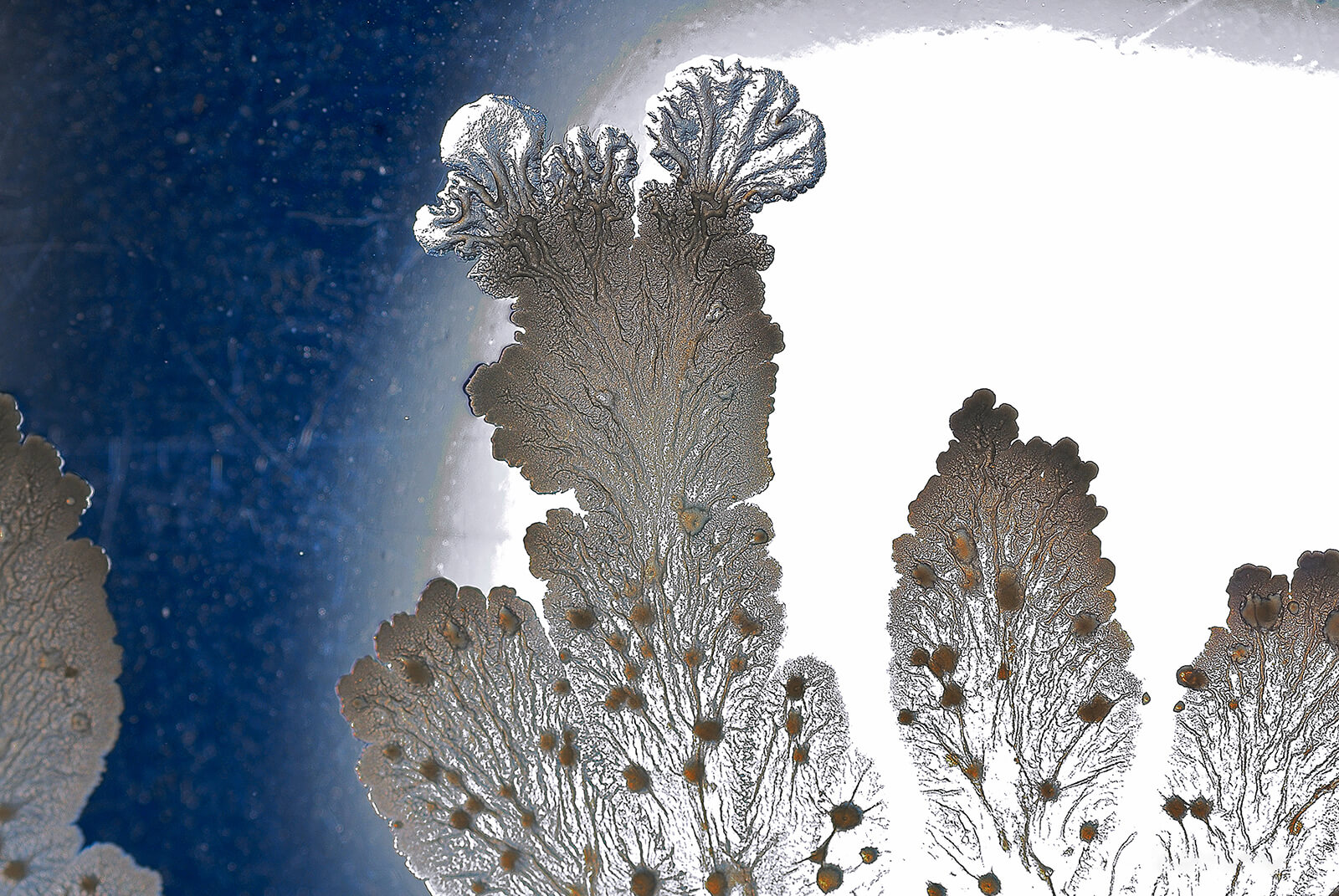
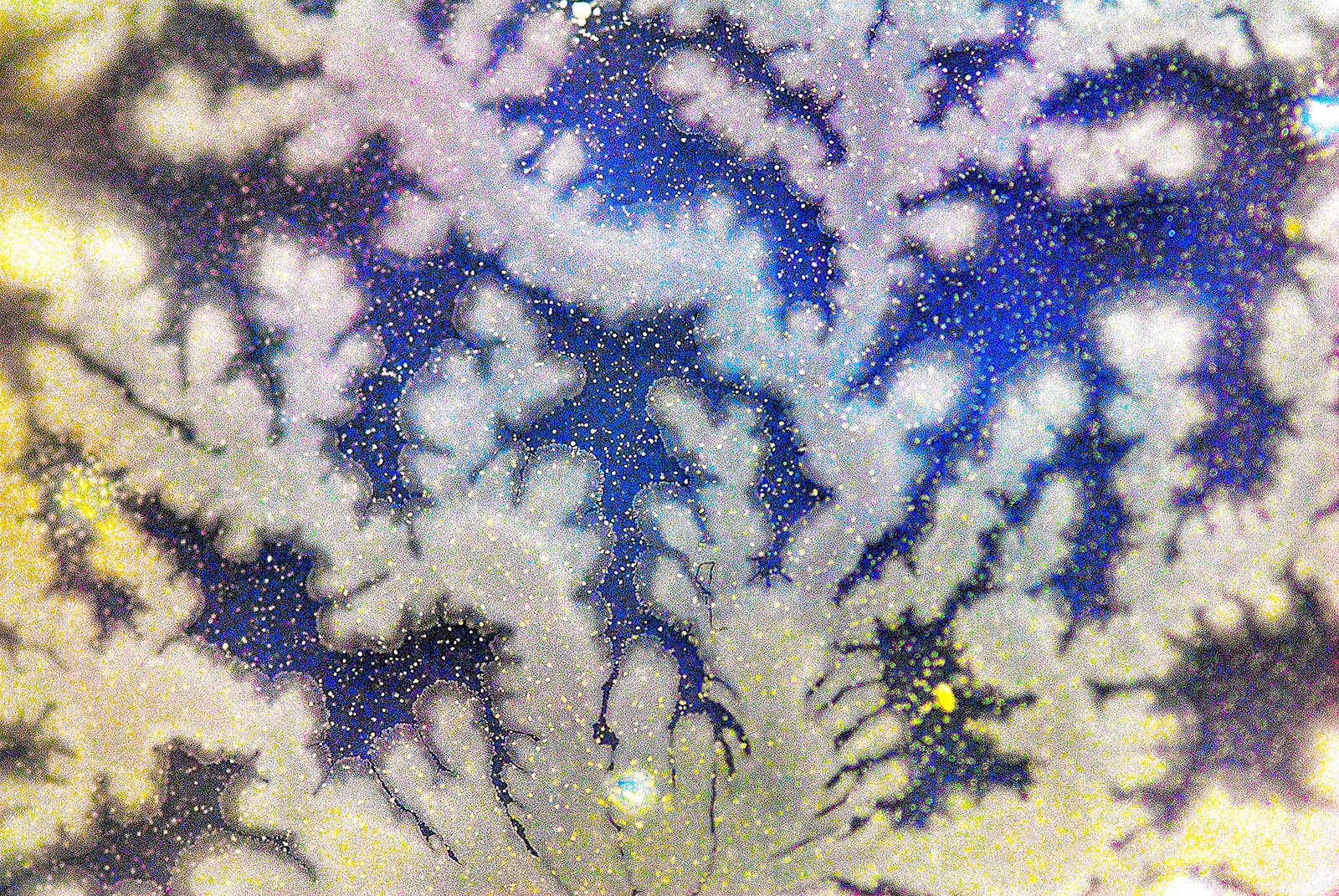
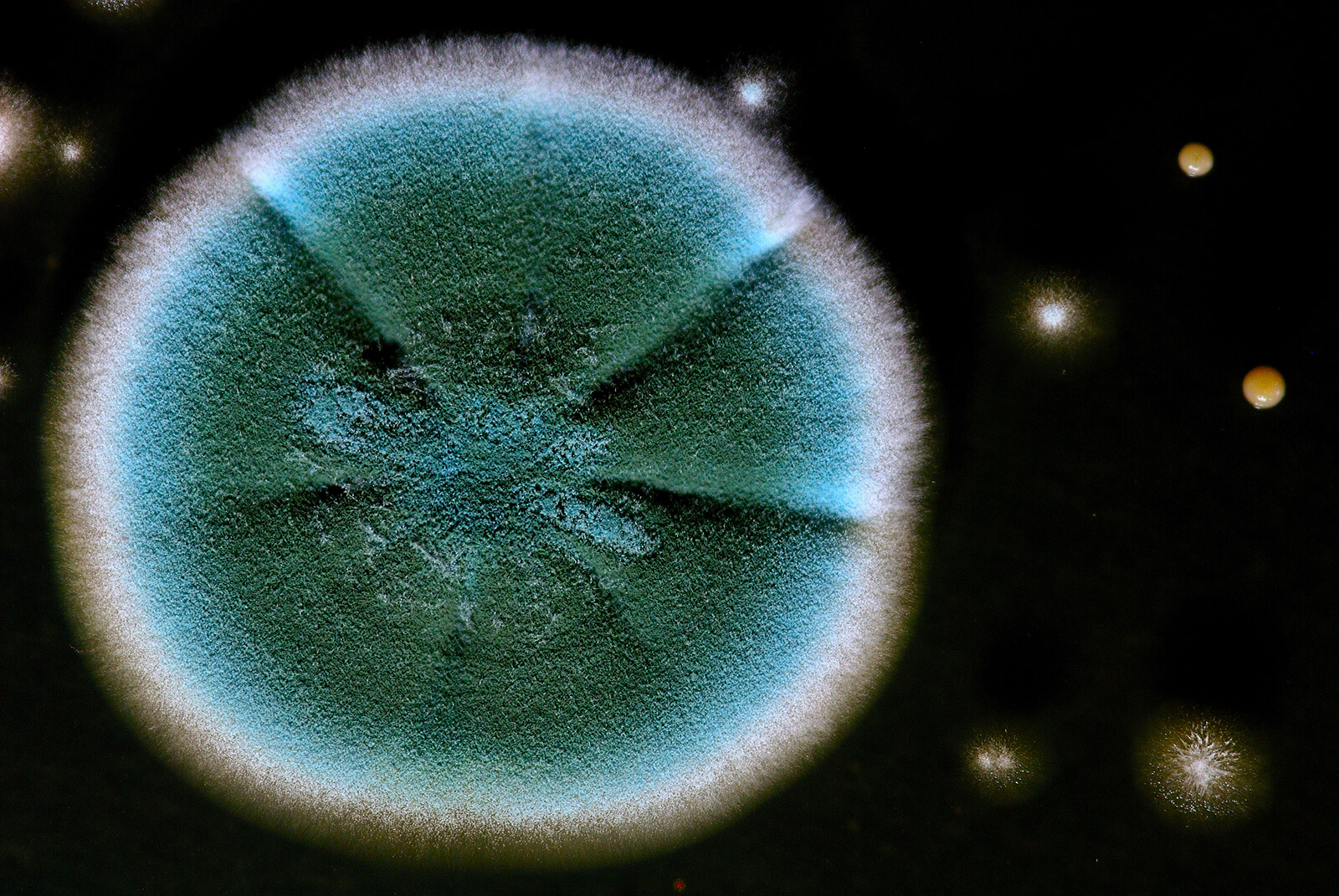
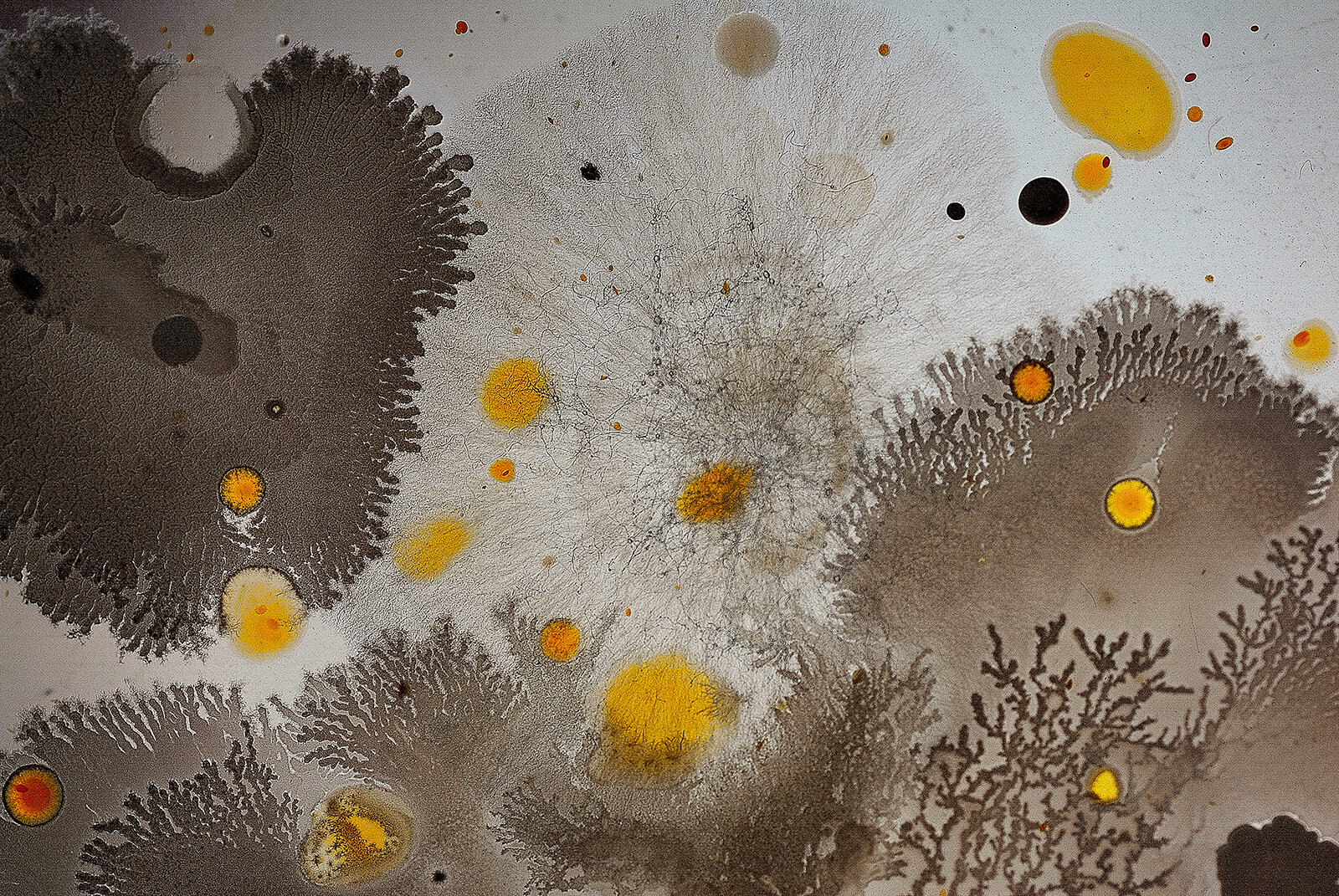
“Within the food sector, bacteria are fundamental to the manufacturing of dairy products such as cheese, butter and yogurt, through the milk fermentation process. So-called “starter cultures” (selected microbial groups) enact fermentation processes aimed at boosting the sensorial properties of food products such as beer, wine, vinegar, cheese and many others. Bacteria creates flavor. And within the pharmaceutical industry, bacteria are used to produce many antibiotics such as the streptomycin and the tetracycline.
Along with the positive impact bacteria have on the human and animal world, it is also important to underline their key role in waste recycling. Indeed, thanks to fermentation processes, bacteria break down dead organisms, converting their complex substances to simpler organic compounds and mineral salts reused by plants, animals and humans. Without bacteria, the waste would begin to pile up.
Bacteria are not our enemies, but rather beautiful, invisible cohabiters of our complex world.”
